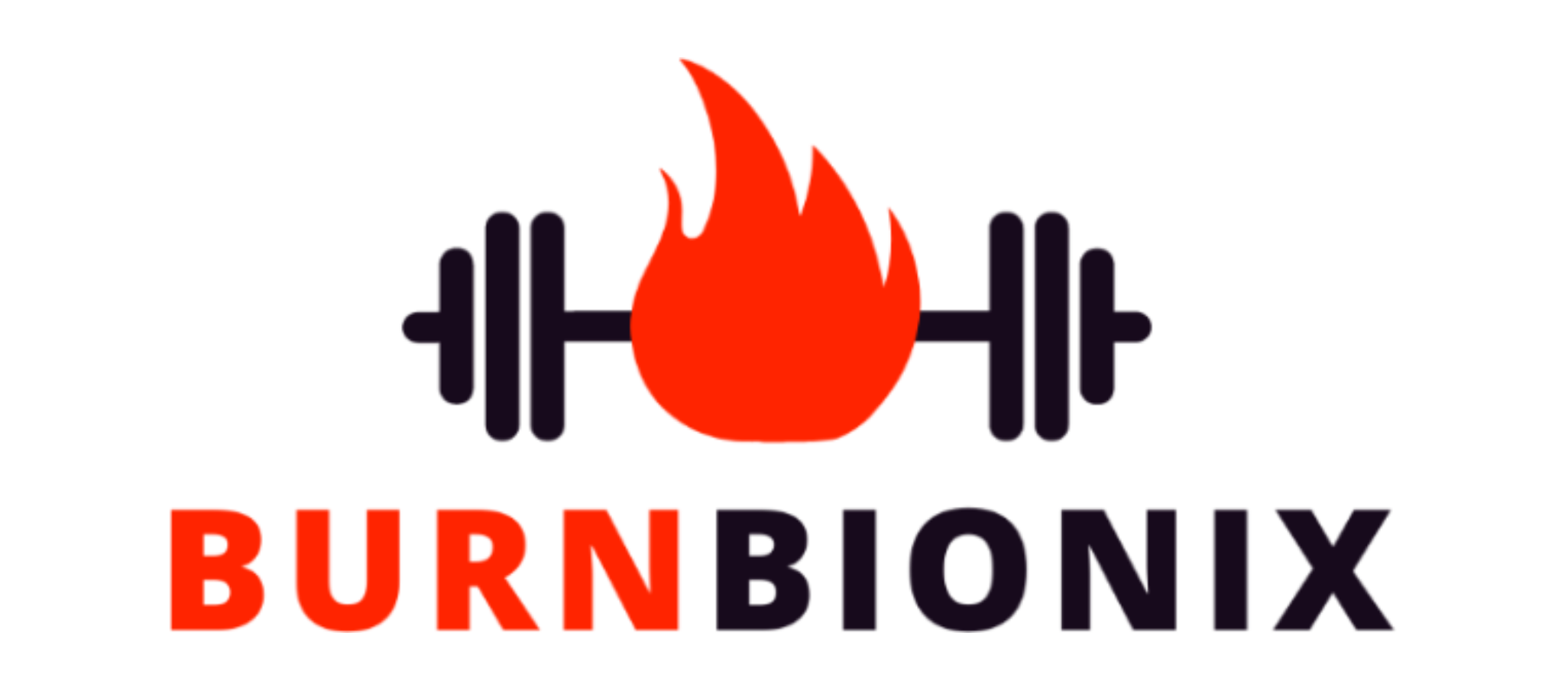When looking to increase protein intake, one of the most popular supplements is whey protein powder. This powder is derived from the liquid part of milk that separates during cheese production.
Whey protein is a high-quality, complete protein containing all essential amino acids needed to stimulate muscle growth. It also provides a good amount of calcium since it comes from dairy. Additionally, whey protein is naturally low in lactose, making it easier to digest than other dairy for those with intolerance.
With its excellent nutritional profile and easy digestibility, it’s no wonder whey protein powder has become a staple supplement. This article will cover everything you need to know about whey protein and how it can benefit your health and fitness routine.
Nutritional Composition of Whey Protein
Protein Quality and Content
When it comes to whey protein, both the quantity and quality are impressive. With about 13 grams of protein in just one scoop, it’s a heavy hitter in the protein world. And it’s not just about the amount; whey is a ‘complete’ protein. This means it provides all nine essential amino acids that our body can’t produce on its own. If you’re focused on muscle growth or repair, this is the kind of comprehensive support you’d want.
Lactose Content
Got concerns about lactose? Here’s some good news: whey protein has a naturally low lactose content. So, even if dairy typically gives you pause, whey might still be an option for you.
Calcium and Other Minerals
While whey protein is known primarily for its protein content, it’s also a noteworthy source of calcium. This mineral is crucial for bone health, among other things. And it doesn’t stop there. Whey also offers a range of other minerals, essential for various body functions.
Digestibility and Absorption
After working out, feeding your muscles is crucial. And whey protein is the kind of fuel they love. It’s easily digestible and gets absorbed quickly. This means once you consume it, your body gets to work using that protein right away, aiding in faster recovery and muscle growth. It’s not just about taking in the protein, but ensuring your body can efficiently use it. And with whey, you’re on the right track.
Health Benefits of Whey Protein
Muscle Growth and Maintenance
If you’re serious about fitness, muscle health can’t be an afterthought. Here’s where whey protein shines brightly. It actively promotes muscle protein synthesis, essentially kick-starting the muscle repair and growth process. Looking to sculpt lean muscle mass? Whey is your trusty sidekick. And for those wary of age-related muscle decline, incorporating whey protein can be a proactive step in prevention. Stronger muscles aren’t just about looks; they’re about longevity and quality of life.
Heart and Cholesterol Health
Your heart is your engine, and keeping it in prime condition is paramount. Whey protein can be a heart-friendly addition to your diet. Studies suggest it has the potential to lower blood pressure—a significant risk factor for heart disease. Moreover, if you’ve been wrestling with “bad” LDL cholesterol levels, whey might come to your rescue, aiding in its reduction. A healthy heart is the cornerstone of a vibrant life, and whey is here to support that mission.
Weight Management
Embarking on a weight loss journey? Whey protein might just be the secret weapon you’ve been searching for. By providing a satiating and nutrient-rich source of protein, it assists in keeping hunger pangs at bay. However, a word to the wise: while whey is a fantastic tool, remember the golden rule of weight management—caloric balance. It’s not just about what you consume, but how much.
Inflammation Reduction
Inflammation—the body’s silent alarm. While acute inflammation is a natural response, chronic inflammation can be a precursor to several health conditions. Here’s the good news: whey protein can help in reducing symptoms associated with chronic inflammatory conditions. Less inflammation means a happier, healthier you.
Other Notable Benefits
Beyond the muscle and heart, whey protein offers a cascade of other benefits. From aiding in the repair of skin and tissue, essential post-injury or surgery, to catering to the nutritional needs of special populations, whey’s versatility is undeniable. Furthermore, emerging research hints at whey’s potential role in reducing the risk of various chronic diseases. Truly, the advantages of this protein powerhouse span wide and deep, making it a worthy addition to any health-conscious individual’s regimen.
Potential Risks and Side Effects
General Side Effects
Some people may experience mild gastric side effects like increased bowel movements, gas, bloating, nausea, headaches, fatigue, cramps, reduced appetite, and acne. These symptoms are generally mild and often subside with continued use. Those sensitive to dairy may experience increased phlegm production. High doses can also lead to weight gain if consuming excess calories.
Allergies and Intolerances
While whey protein has a naturally low lactose content, it’s still a dairy derivative. Hence, those with severe dairy allergies or intolerances should tread with caution. Always consult with a healthcare professional if you’re unsure about how whey might interact with your specific dietary needs.
Overconsumption Concerns
The mantra “more is better” doesn’t necessarily apply here. Overindulging in whey protein can introduce another set of issues, especially if you’re not careful about the product’s source. Some whey protein powders might have added sugars or other processed ingredients, which could lead to unnecessary calorie intake. It’s essential to scan the ingredient list and opt for products that align with your dietary goals. Remember, balance is everything, and consuming whey protein should fit within a well-rounded, holistic approach to nutrition and fitness.
Final Thoughts: Whey Protein in a Balanced Diet
In summary, whey protein is one of the most nutritious and beneficial supplements available. With its complete amino acid profile, high digestibility, and array of health effects, whey protein can enhance muscle growth, aid weight loss, reduce inflammation, improve cardiovascular health, and more. However, moderation is key – excessive intake does not provide additional benefits and may cause side effects. When incorporated into a balanced diet and active lifestyle, whey protein can be a safe, effective way to increase daily protein intake and reach your fitness goals.









